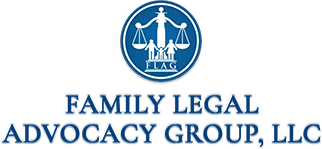The Supreme Court is poised to decide the quality of instruction public schools must provide students with disabilities—a question that could get even thornier under the Trump administration.
In fourth grade, Drew’s behavioral problems in school grew worse. Gripped by extreme fears of flies, spills, and public restrooms, Drew began banging his head, removing his clothing, running out of the school building, and urinating on the floor. These behaviors, which stemmed from autism and ADHD, meant that Drew was regularly removed from the classroom in his suburban school outside of Denver and only made marginal academic improvement, according to court documents.
Alarmed by their son’s increasingly difficult behaviors, his parents placed him in a private school that specializes in autistic children like Drew. The new school controlled Drew’s behaviors using ABA therapy—a standard, but intensive, treatment for autistic children with behavioral problems that was not offered at his public school. Now age 17, Drew has made “significant” progress academically and socially at his new school.
In 2012, Drew’s parents filed a complaint with the Colorado Department of Education to recover the cost of tuition at this school, which is now about $70,000 per year. The lower courts ruled on behalf of the school district on the grounds that the intent of the Individuals with Disabilities Education Act (IDEA) is to ensure handicapped kids have access to public education—not to guarantee any particular level of education once inside. But the parents appealed, and the case—Endrew F. v. Douglas County School District—is now under review of the U.S. Supreme Court.
The case revolves around a central question: Must schools provide a meaningful education in which the child shows significant progress and is substantially equal to typical children, or can they provide an education that results in just some improvement? If the Supreme Court rules on behalf of Drew and his family, agreeing that special education shall be held to a higher standard, then it will open up a thornier question: Who should pay for it? And that question could be even harder to navigate under President Donald Trump, whose pick for education secretary, Betsy DeVos, during her Senate confirmation hearing last week said she believes that the rights of special-education students should be decided by the states.
Read More


